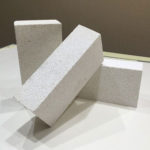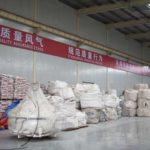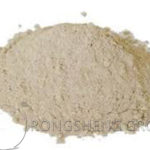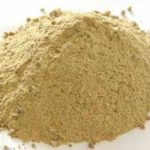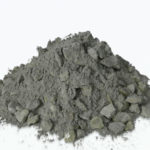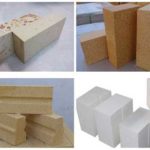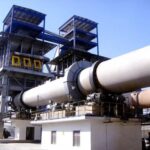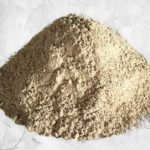Almost all refractory raw materials can be made into powder for preparing refractory mortar. It is made of refractory clinker powder and proper amount of plastic clay as binder and plasticizer. It is called ordinary refractory clay. The strength at room temperature is low, and the ceramic bond is formed at high temperature to have high strength. Refractory Mortar for Refractory Bricks Masonry. The chemical bonding refractory mortar with hydraulic, gas-hardening or thermosetting bonding material as the bonding agent. Before the ceramic bonding temperature is formed, a certain chemical reaction occurs and hardens. Refractory mortars are also called joint material. Used as the jointing material of refractory products masonry. According to the material, it can be divided into clay, high aluminum, silicon and magnesium refractory mortar. It is composed of refractory powder, binder and admixture.
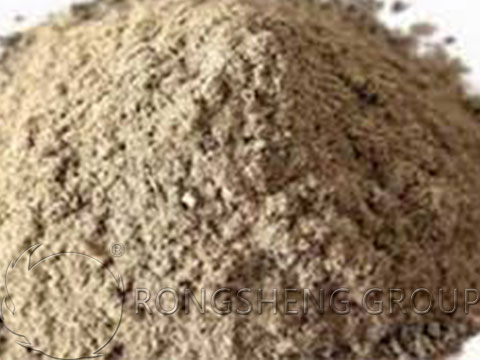
What is the Role of Refractory Mortar for Refractory Bricks Masonry?
The refractory mortar plays the role of bonding and jointing refractory bricks. Refractory bricks of the same material should be used to build refractory bricks. However, the load softening starting point of refractory mortar is lower than that of refractory bricks, because Refractory Mortar for Refractory Bricks Masonry produces large volume shrinkage at high temperature. Therefore, quality requirements are more important.
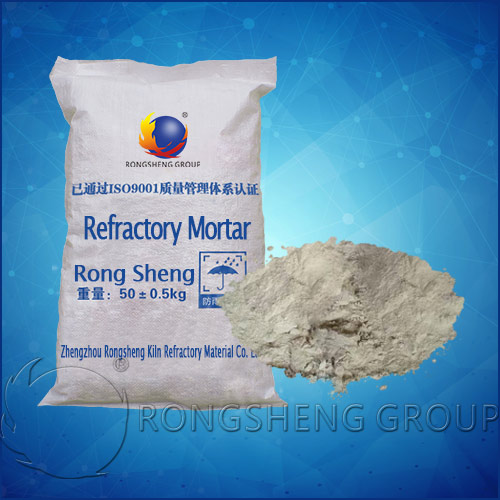
The Properties of Refractory Mortar
There are two forms of expansion of refractory mortar. First, the refractory mortar itself expands by heating at a lower temperature. After the temperature rises to a certain degree, a liquid phase appears and begins to shrink. The second is that the expansion agent undergoes volume expansion due to crystal form transformation or reaction at a higher temperature.
Refractory mortar and refractory bricks bear the same load and high temperature, especially in refractory brick masonry of large kilns. The load softening temperature of refractory mortar is one of the indexes of high temperature serviceability of refractory mortar. It can reflect the actual use characteristics of refractory mortar, and can also directly determine the temperature range of high-temperature volume shrinkage of refractory mortar under load.
During the construction of the kiln project, except for special parts, mud with high-temperature volume shrinkage is not acceptable. The Refractory Mortar for Refractory Bricks Masonry resists deformation under the dual action of high temperature and load, which is a poor refractory mortar and cannot be used. Therefore, the most important refractory mortar is the load softening temperature.
The Importance of Refractory Mortar
Refractory mortar is an important bonding joint material in the process of refractory brick masonry. The role of refractory mortar is very important, even more important than refractory bricks. If the quality of refractory mortar is not close enough, it will seriously affect the service life of refractory bricks. In other words, the importance of Refractory Mortar for Refractory Bricks Masonry is higher than that of refractory bricks.
The role of refractory mortar directly affects the life of refractory masonry. If the adhesion is not strong, or the powder is too thick, it will also affect the use of refractory bricks. During the construction, the amount of water added to the mud bonded to the refractory bricks must be well controlled. If the amount of water added is too large, the mud will easily flow through the cracks. If the amount of water added is too small, the mud will dry out and the bricks cannot be bonded.
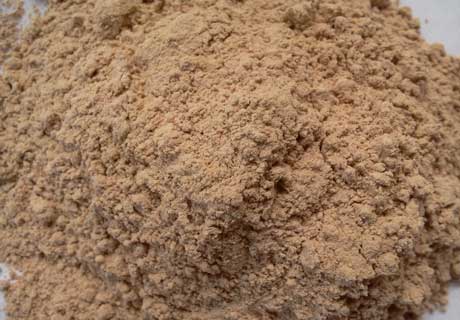
Matters Needing Attention When Using Refractory Mortars
Refractory mortar is a bonding connection material for building refractory bricks. Proper selection of refractory mortar is very important for the strength of refractory bricks to be combined at a later high temperature and the integrity and tightness of the lining of the kiln.
- The particle size of refractory mortar varies according to the requirements of use. The limit particle size is generally less than 1mm, and some are less than 0.5mm or finer.
- When choosing the material of refractory mortar, it should be considered to be consistent with the material of refractory products of masonry.
- There are many types of refractory mortar. According to chemical characteristics, it is divided into acid refractory materials, neutral refractory materials and alkaline refractory materials. In addition, there is a refractory mortar for special occasions.
Furthermore,
The performance of the refractory clay used for building refractory bricks should be compatible with the physical and chemical properties of the refractory bricks used. The types and indicators of refractory mortar are determined by the material and temperature of the refractory bricks used in industrial kilns.
Phosphoric acid is added to the refractory mortar during its preparation. Strictly follow the instructions of the refractory manufacturer. The amount of phosphoric acid added should not be too much or too little, too thin or too viscous is not conducive to the bonding strength of refractory mortar.
There are many varieties of refractory mortar, and various varieties and brands cannot be mixed. The best prepared refractory mortar on the day is best used on the same day, not used the next day. The rational use of refractory mortar is based on the material of the refractory brick and the temperature of the construction.
Leave Your Requirements on RS Kiln Refractory Bricks And Castable Materials! We Will Reply You In 12 Hours!:
